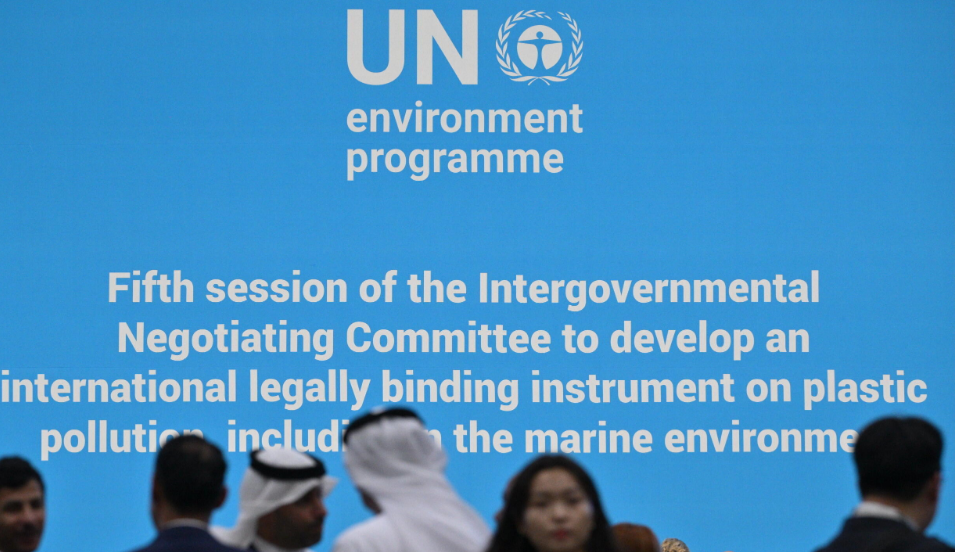(3 Minutes Read)
Industry leaders want an agreement that prevents plastic pollution by redesigning plastics to be reused, recycled, and remade into new products. They say this will keep the materials in circulation and out of the environment
The fifth and final round of negotiations to create a global treaty to end plastic pollution began on Monday in South Korea. A recent study by the University of Leeds found that the world creates 57 million tonnes of plastic pollution a year.
In the face of this challenge, the head of the UN Environment Programme urged negotiators to agree to a strong treaty. It’s the fifth time the world’s nations have convened to try and craft a legally binding plastic pollution accord.
The previous four global meetings have revealed sharp differences in goals and interests. This week’s talks go through Saturday (Nov. 30). In addition to national delegations, representatives from the plastics industry, scientists and environmentalists are attending the talks.
If successful, negotiators will turn a 2022 ambition to make the first legally binding treaty on plastics pollution, into a reality.
Led by Norway and Rwanda, 66 countries plus the European Union say they want to address the total amount of plastic on Earth by controlling design, production, consumption and where plastic ends up. The delegation from the hard-hit island nation of Micronesia helped lead an effort to call more attention to “unsustainable” plastic production, called the Bridge to Busan . Island nations are grappling with vast amounts of other countries’ plastic waste washing up on their shores.
Read Also:
https://trendsnafrica.com/canada-summit-on-plastic-pollution-to-end-today-may-have-major-takeaways/
Industry leaders want an agreement that prevents plastic pollution by redesigning plastics to be reused, recycled, and remade into new products. They say this will keep the materials in circulation and out of the environment.





